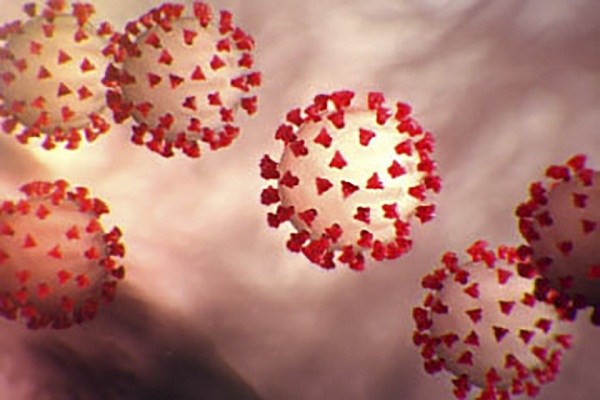
Cancer treatment during Coronavirus outbreak
Novel coronavirus (SARS-COV-2) is a new strain of coronavirus causing COVID-19, first identified in Wuhan City, China. Other coronavirus infections include the common cold (HCoV 229E, NL63, OC43 and HKU1), Middle East Respiratory Syndrome (MERS-CoV) and Severe Acute Respiratory Syndrome (SARS-CoV).
The virus appears to have originated in Hubei Province in China towards the end of 2019. Since then China has remained the country with the highest number of infected individuals. Within Europe, Italy is the country currently most affected.
Most cases of COVID-19 globally have evidence of human to human transmission. This virus can be readily isolated from respiratory secretions, faces and fomites. The latest guidelines from Chinese health authorities described three main transmission routes for the COVID-19:
- Droplets transmission
- Contact transmission, and
- Aerosol transmission
Droplets transmission was reported to occur when respiratory droplets (as produced when an infected person coughs or sneezes) are ingested or inhaled by individuals nearby in close proximity; contact transmission may occur when a subject touches a surface or object contaminated with the virus and subsequently touch their mouth, nose, or eyes; and aerosol transmission may occur when respiratory droplets mix into the air, forming aerosols and may cause infection when inhaled high dose of aerosols into the lungs in a relatively closed environment. In addition to these three routes, one study also indicated the digestive system as a potential transmission route for COVID-19 infection.[2]
Cancer and Coronavirus:
Patients suffering from cancer has same risk as general population for getting infected with Corona virus. Since their immunity is compromised their reaction to virus may vary from person to person, type and stage of cancer and age. One of the main concern/question in the mind of patients is whether they should continue with their treatment or not? There is no one specific answer to this. Here are few suggestions that might help patients.
If a patient has been advised surgery, though surgery related to oncology cannot be considered elective, given current situation each case need to be discussed on risk vs benefit of the surgery. The risks of tumor progression with delay in definitive surgery should be weighed against the potential case complexity and patient risk of exposure to COVID-19.
If a patient is undergoing radiation treatment, like surgical oncology, each patient case is individually discussed. There may be few exceptions such as Ex: early stage prostate cancer patients ? may be delayed by two weeks; certain breast cancer patients, post chemotherapy, adjuvant therapy at the most can be put off for , two weeks and off course benign CNS patients, such as meningioma or schwannomas can be postponed.
Similarly, benign conditions requiring immediate post op radiotherapy, such as keloids or heterotopic bone can be delayed if needed, after consulting the surgeon. Extreme care must be taken to avoid delays in consultation and treatment which may adversely affect potentially curable cancer patients.
But, in case of an emergency and life-threatening situations, e.g., spinal cord compression, cranial nerve compression, superior vena cava syndrome, airway obstruction, hemoptysis expert radiation oncologist inputs should never be delayed.
If a patient is undergoing Immunotherapy/ chemotherapy, at this time, there is no evidence to support changing or withholding chemotherapy or immunotherapy in patients with cancer. Therefore, routinely withholding critical anti-cancer or immunosuppressive therapy is not recommended. Potential harms that may result from delaying or interrupting treatment versus the potential benefits of possibly preventing or delaying COVID-19 is uncertain.
The plan depends on each case considering whether patient is on an active treatment or in a remission, the plan can change accordingly. Possible options of changing to oral vs IV can also be discussed.
There is no role for antivirals and other therapies that this time. Cancer screening should be undertaken only after evaluating risks vs benefits.
If a patient is newly diagnosed with cancer, they should discuss with their doctor whether they should get the staging work up done now or can be rescheduled to a later date.
If you are under surveillance inform your doctor if you have any new signs and symptoms. Doctor will decide on the further course of actions based on your symptoms.
If patient has low white blood count, but doesn?t have any fever Doctor might recommend growth factor prophylactically to lower the risk of infection. Regular monitoring of Neutrophil count may be required. In case patient develops fever doctors might recommend empiric antibiotics. It is necessary to keep your doctor informed of any signs and symptoms and have home blood sample collection number handy.
If patient develops any symptoms like fever, cough, cold, shortness of breath or comes in contact with person exposed or positive to coronavirus, inform your doctor immediately.
The writer is Dr Chandrika Kambam, Director-Clinical Services, HCG Group of Hospitals. Views expressed are a personal opinion.

